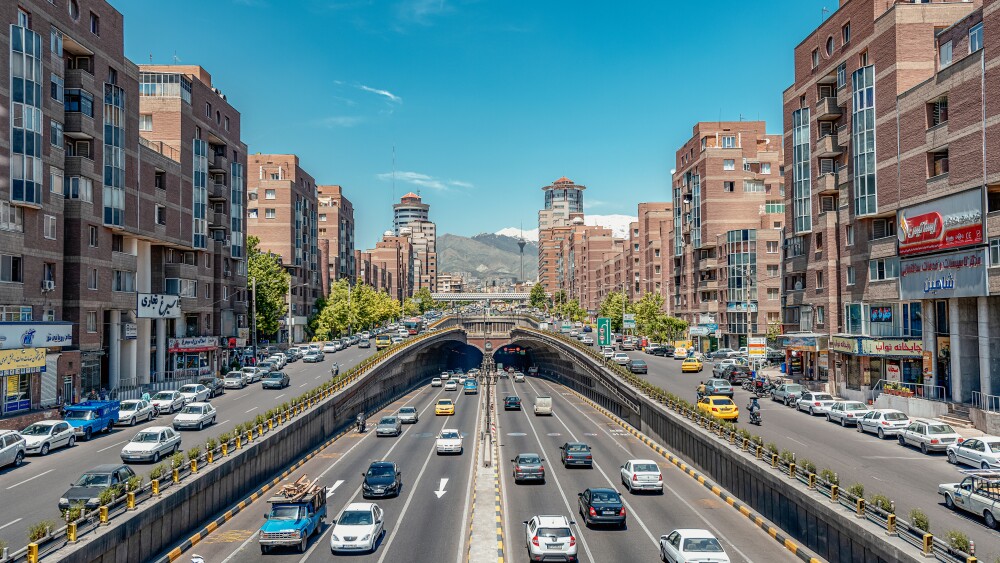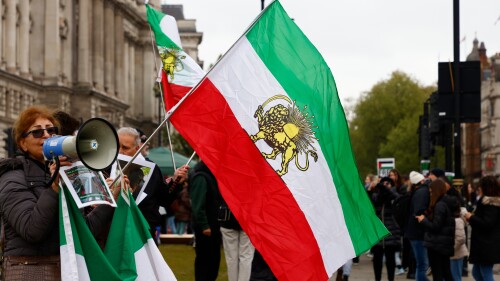The June 13, 2025, Israeli air and missile strikes on the top Islamic Revolutionary Guard Corps leadership has left the organization reeling. The Israeli strikes complete a perfect storm. Even before the bombs started flying, Iranians had visibly turned on the Guard. The spark was a murder in Tehran three weeks ago.
In the aftermath of the May 25 murder of 24-year-old Elaheh Hossein-Nezhad, Iranians intensified their boycott of Snapp, Iran’s equivalent of Uber. Elaheh went missing after using Snapp, and Iranians perceive the company as complicit because it withheld information about the driver and attempted to mislead the public with a subsequent statement. Her murder once again renewed public debate over businesses linked to the Islamic Revolutionary Guard Corps.
Simply put, major businesses cannot survive in the startup ecosystem without cooperating with the ruling authorities.
Snapp, with the Supreme Leader Ali Khamenei-controlled Mostazafan Foundation as a main shareholder, is not the only company in Iran to face such backlash. Many Iranians also resist patronizing Arvan Cloud, a company that, since 2009, has collaborated with the regime to censor or block internet access in Iran, particularly during uprisings such as the 2019 and 2022 protests. In 2023, the United States sanctioned Arvan Cloud for aiding the censorship. Iranians also have turned on the Mihan Company, a giant food group. During the 2022 Iranian uprising, regime forces used Mihan Company vans. Based on the photos and videos that people released, the forces used these vans to arrest, torture, and murder dissidents and university students. Iranians believe security forces used a Mihan van during events that led to the murder of 16-year-old protestor Nika Shakarami. Iranians also include Digikala, Iran’s equivalent of Amazon, in boycott campaign lists. The committee and investors of Digikala maintain affiliations with intelligence agencies of the regime. For example, some regime figures such as Ahmad Fayaz Bakhsh, former chief of nuclear energy production, are among Digikala’s major investors.
Simply put, major businesses cannot survive in the startup ecosystem without cooperating with the ruling authorities. In one case, Majid Hosseini-Nejad, founder of Alibaba, an Iranian online travel and ticketing service, admitted that without such connections, he could not operate his company. That does not mitigate the outrage when companies corrupt themselves to serve regime interests.
Owners respond in different ways to Iranian criticism and boycott campaigns, but popular perception of their corruption often remains unchanged.
The Islamic Republic is not alone in facing popular boycotts from its own citizenry. After Turkish President Recep Tayyip Erdoğan had his chief opponent, Istanbul Mayor Ekrem Imamoğlu, arrested, Turks began boycotting businesses affiliated with Erdoğan’s Justice and Development. The Turkish regime, like their Iranian counterparts, has perfected repression when protestors come out on the street; aside from detaining those who publicly call for boycotts, they have not figured out how to force citizens to patronize businesses whose politics they disdain.
People use boycotts to respond to businesses that undermine both political and economic freedom.
Whereas many see these campaigns as a short-term strategy to protest the dictatorships, they reveal a deeper anger among the public that also sends a signal to the international community that Iran’s private sector is not truly private. Economic repression remains a growing problem. Business compromised, if not outright owned, by the Islamic Revolutionary Guard Corps both profit from regime ties and enable state oppression by sharing customer data and providing logistical support. This dual role intensifies public distrust and boycott momentum. In such a situation, people use boycotts to respond to businesses that undermine both political and economic freedom.
As human rights activists and Western diplomats seek ways to help Iranians struggling against the regime, they can no longer ignore the security penetration of the private sector. How to unravel that grasp may be the factor that determines whether Iranians win freedom or the regime triumphs in its repression.







